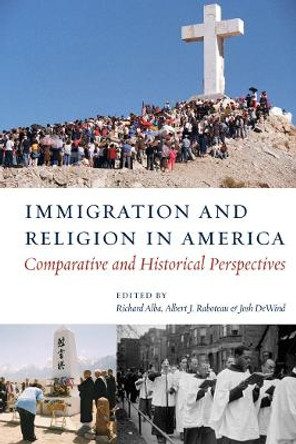Description
At the core of much policy debate is the inherent paradox whereby immigrant populations are frequently perceived as posing a potential security threat yet bolster economies by providing an inexpensive workforce. Strict attention to border controls and immigration quotas has diverted focus away from perhaps the most significant dilemma: the integration of existing immigrant groups. Often restricted in their civil and political rights and targets of xenophobia, racial profiling, and discrimination, immigrants are unable or unwilling to integrate into the population. These factors breed distrust, disenfranchisement, and hatred-factors that potentially engender radicalization and can even threaten internal security.
The contributors compare policies on these issues at three relational levels: between individual EU nations and the U.S., between the EU and U.S., and among EU nations. What emerges is a timely and critical examination of the variations and contradictions in policy at each level of interaction and how different agencies and different nations often work in opposition to each other with self-defeating results. While the contributors differ on courses of action, they offer fresh perspectives, some examining significant case studies and laying the groundwork for future debate on these crucial issues.
About the Author
Ariane Chebel d'Appollonia is associate senior researcher at the CEVIPOF/Center for Political Research and codirector of the ISI Immigration Research Network. She teaches at the Institut d'Etudes Politiques (Sciences Po, Paris) and has held appointments a
Book Information
ISBN 9780822959847
Author Ariane Chebel D'Appollonia
Format Paperback
Page Count 496
Imprint University of Pittsburgh Press
Publisher University of Pittsburgh Press







